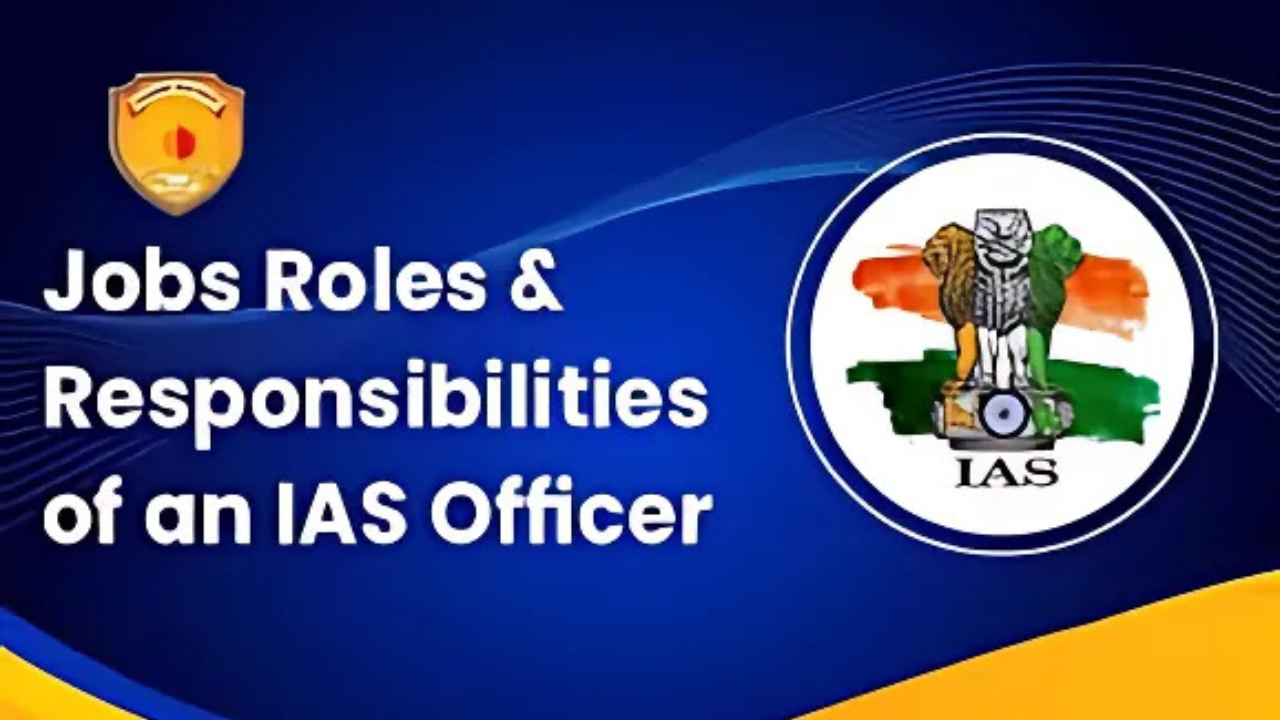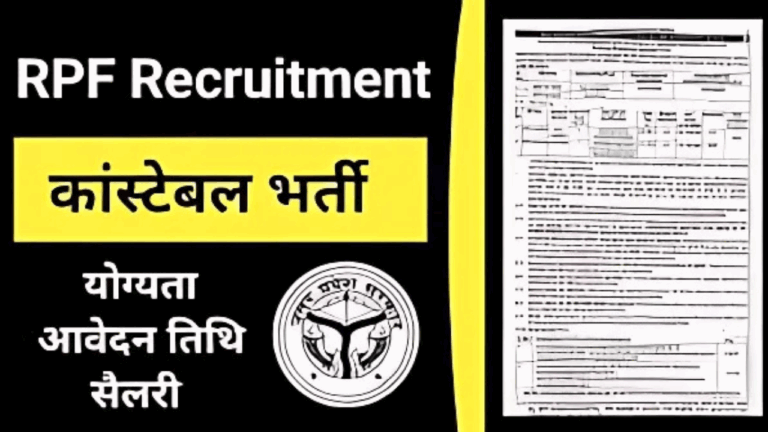Life of an IAS Officer: Cracking UPSC for the Top Sarkari Naukri
The Indian Administrative Service (IAS) is among the most respected and desirable career options in India. It is not only a position of authority but also one that brings with it a chance to serve the nation. For many, becoming an IAS officer represents the ultimate Sarkari Naukri — a job that is stable, impactful, and held in high esteem.
In this blog, we will explore the journey of becoming an IAS officer, the day-to-day life of the role, and what makes it a top choice among government job aspirants. If you’re preparing for the UPSC Civil Services Examination or considering a Sarkari Naukri in administration, this guide is for you.
Why is IAS Considered the Top Sarkari Naukri?
Among all government jobs in India, the IAS offers unmatched opportunities for leadership and public service. IAS officers are responsible for executing government policies, managing administration in districts and states, and even contributing to national decision-making.
Unlike many other roles, this Sarkari Naukri is not limited to routine office work. It combines fieldwork, policy implementation, and crisis management, all within a single career. This variety and importance of work attract lakhs of aspirants every year to prepare for the UPSC examination.
The Journey: Cracking the UPSC Civil Services Exam
The UPSC Civil Services Examination is known for its rigorous selection process. It is conducted in three stages:
- Preliminary Examination – This is an objective test meant to screen candidates.
- Main Examination – This stage is descriptive and tests a candidate’s depth of knowledge.
- Interview (Personality Test) – This final round evaluates the candidate’s personality, awareness, and suitability for a career in civil services.
The preparation phase requires a disciplined routine, conceptual clarity, regular reading of newspapers, and effective time management. Most successful candidates spend one to two years preparing thoroughly. Since IAS is considered the most prestigious Sarkari Naukri, the competition is intense, but success is achievable with the right approach.
Life After Selection
Once selected, candidates undergo training at the Lal Bahadur Shastri National Academy of Administration (LBSNAA) in Mussoorie. The training is designed to develop leadership qualities, administrative skills, and a strong sense of public service.
After training, the officer is posted in various administrative roles, starting typically as a Sub-Divisional Magistrate (SDM). Over the years, based on performance and experience, one may rise to the level of District Collector, Principal Secretary, or even Cabinet Secretary.
This is where the real essence of this Sarkari Naukri comes into play — the ability to directly influence governance and improve lives at the grassroots level.
A Day in the Life of an IAS Officer
The daily routine of an IAS officer depends on their posting. In the early years, especially as a District Magistrate, the workday may begin early and end late. It involves inspecting government projects, reviewing law and order, attending official meetings, and addressing public grievances.
The nature of this Sarkari Naukri demands both administrative skills and empathy. An IAS officer must be a leader, a problem-solver, and a public servant — all in one role.
While the workload can be demanding, the satisfaction of contributing to nation-building makes the effort worthwhile.
Salary and Perks
An IAS officer’s salary is determined by the 7th Pay Commission. Starting salaries are competitive, and additional allowances for travel, housing, and medical needs make the role financially stable. Officers are also entitled to government accommodation, an official vehicle, security, and post-retirement benefits.
This combination of professional respect, social status, and financial stability is another reason why many consider the IAS the most valuable Sarkari Naukri in India.
Inspirational Success Stories
Every year, thousands of aspirants appear for the exam, and many come from humble backgrounds. Stories of candidates like Shakti Dubey, who secured the top rank after multiple attempts, and Harshita Goyal, who balanced a professional career with UPSC preparation, continue to inspire.
These stories remind us that with perseverance, clarity, and structured preparation, even the toughest Sarkari Naukri can be achieved.
What Makes This Career Unique?
Unlike most private-sector roles, the IAS gives officers a chance to bring real change. Whether it’s handling disaster relief, improving school enrolment in rural areas, or implementing digital governance, the scope of work is vast.
Additionally, this Sarkari Naukri offers a structured career path, regular promotions, and a lifelong sense of purpose.
Tips for Aspiring Candidates
- Begin early and build a strong foundation in subjects like polity, history, economics, and current affairs.
- Practice answer writing regularly.
- Stay consistent — preparation is a marathon, not a sprint.
- Take mock tests and evaluate your performance honestly.
- Focus on mental and physical well-being. A calm and steady mind is essential for success in UPSC.
Final Thoughts
Choosing to pursue the IAS is more than opting for a job — it is choosing a way of life. While the journey is challenging, the reward is deeply fulfilling. Among all government positions, this Sarkari Naukri stands out not only for the prestige it brings but also for the opportunities it offers to serve the nation.
If you dream of making a difference and holding a respected position in public service, the IAS may be the right path for you. With the right preparation and mindset, this goal is within reach.
Keep learning, stay disciplined, and remember — success in this Sarkari Naukri is not about perfection, but about persistence.






